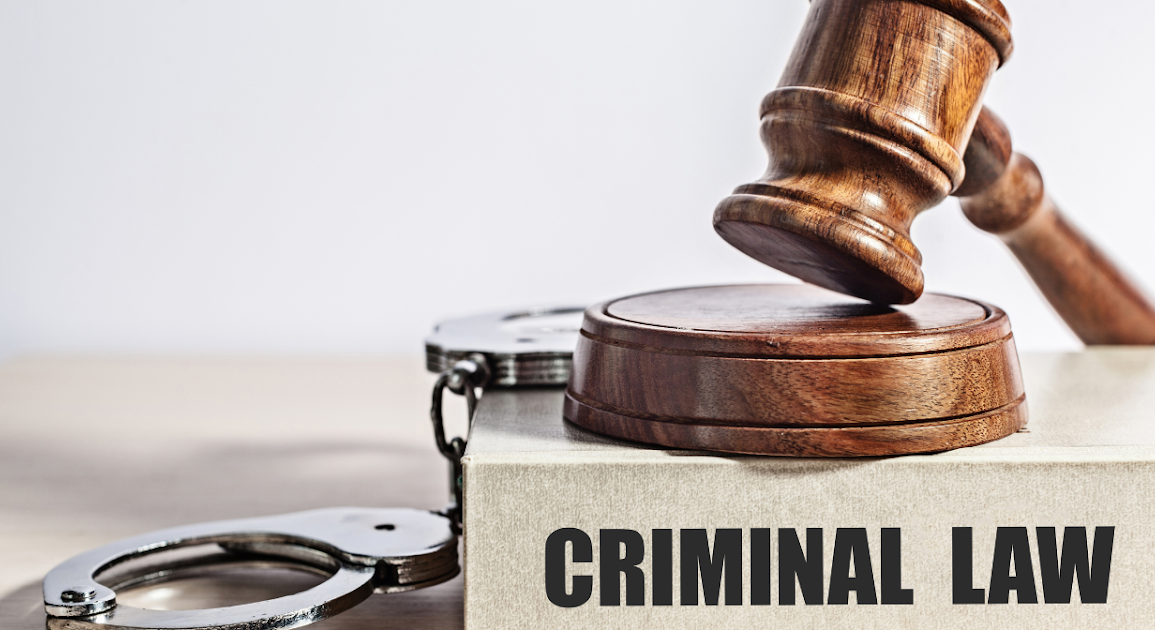Criminal Offences in England and Wales
Criminal offences in England and Wales are categorized under a comprehensive legal framework, encompassing a wide range of unlawful activities. Understanding these offences is crucial for legal practitioners, law enforcement agencies, and the public. Here’s an overview of key categories of criminal offences:
Offences Against the Person
Assault: The intentional or reckless causing of another person to fear immediate violence.
GBH (Grievous Bodily Harm): Inflicting serious injuries with the intent to cause harm.
Offences Against Property
Theft: Dishonestly appropriating property belonging to another with the intention to permanently deprive.
Burglary: Illegally entering premises with the intent to commit theft, grievous bodily harm, or criminal damage.
Sexual Offences
Rape: Unlawful penetration of another person without their consent.
Sexual Assault: Unwanted sexual touching without consent.
Drug Offences
Possession: Unlawful possession of controlled substances.
Trafficking: The illegal sale, transportation, or distribution of drugs.
Offences Against Public Order
Rioting: Unlawful assembly leading to violence, property damage, or disorder.
Affray: The use of violence or threats to cause fear of violence in public places.
Cybercrime Offences
Hacking: Unauthorized access to computer systems.
Cyber Fraud: Deceptive practices online to gain financial benefits.
Offences Against the State
Treason: Betrayal of one’s country, often involving attempts to overthrow the government.
Terrorism: Acts intending to cause serious harm for ideological, political, or religious purposes.
Environmental Offences
Pollution: Illegal discharge of substances causing environmental harm.
Wildlife Crime: Unlawful activities that harm protected species or habitats.
White-Collar Crime
Fraud: Deceptive practices for financial gain.
Embezzlement: Misappropriation of funds entrusted to someone.
Road Traffic Offences
Dangerous Driving: Driving in a manner that could cause danger. – Drink Driving: Operating a vehicle under the influence of alcohol.
Offences Against Children
Child Abuse: Any form of physical, emotional, or sexual abuse against a child. – Child Abduction: Unlawful removal or retention of a child from their legal guardian.
Offences Relating to Weapons
Possession of Firearms: Unlawful possession of firearms without proper authorization. – Knife Crime: Unlawful possession or use of knives or bladed articles.
What is the definition of assault in criminal law?
Assault involves intentionally causing another person to fear immediate violence or the intentional or reckless infliction of bodily harm.
How is theft defined, and what are the key elements of this offence?
Theft is dishonestly appropriating property belonging to another with the intention to permanently deprive. Key elements include dishonesty, appropriation, and the intent to permanently deprive.
What constitutes burglary, and how is it different from theft?
Burglary involves entering premises unlawfully with the intent to commit theft, grievous bodily harm, or criminal damage. It differs from theft by including the element of illegal entry.
What are the categories of sexual offences, and how are they defined in criminal law?
Sexual offences include rape (unlawful penetration without consent) and sexual assault (unwanted sexual touching without consent), among others.
What constitutes dangerous driving as a road traffic offence?
Dangerous driving involves operating a vehicle in a manner that could cause danger to others on the road. It is a serious road traffic offence.
What are the key elements of the offence of hacking in cybercrime?
Hacking involves unauthorized access to computer systems. The key elements include intentionally accessing a computer system without permission.
How are drug offences categorized, and what are the penalties involved?
Drug offences include possession and trafficking of controlled substances. Penalties vary based on the severity of the offence and the type of drug involved.
What is treason, and how is it defined in criminal law?
Treason involves betraying one’s country, often through attempts to overthrow the government or assist its enemies.
How is child abuse defined, and what are the legal consequences for offenders?
Child abuse encompasses any form of physical, emotional, or sexual abuse against a child. Offenders may face severe legal consequences.
What constitutes pollution as an environmental offence?
Pollution involves the illegal discharge of substances causing harm to the environment. Legal consequences may include fines and other penalties.
- Press Release – Product Update Announcement - July 19, 2024
- Press Release – New Service Announcement - July 19, 2024
- Press Release – Company Contract Award - July 18, 2024









